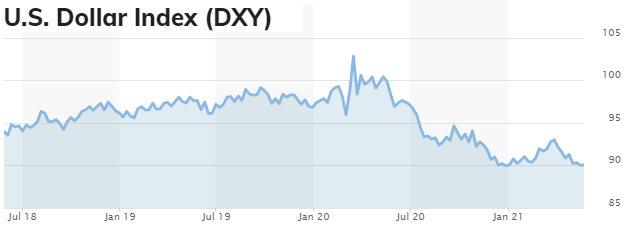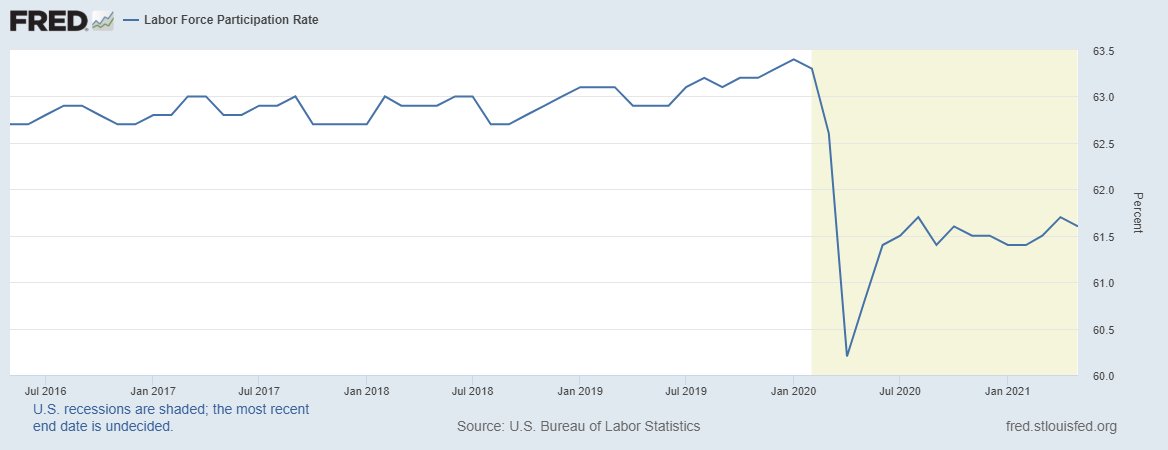Except for in SF Bay area, NY, SF, Seattle, DC, and New Orleans, rents are increasing dramatically, to catch up with rising property prices.
From Chapter 9, we know that in equilibrium, you have to be indifferent between renting and owning because renters can buy and become owners, while owners can sell and become renters. In an earlier post we showed that the price-to-rent ratio was getting really big: 50 in SF, 30 in SD, 19 in Nashville. Rising rents will help bring this down, and could suggest a movement towards long-run equilibrium.






